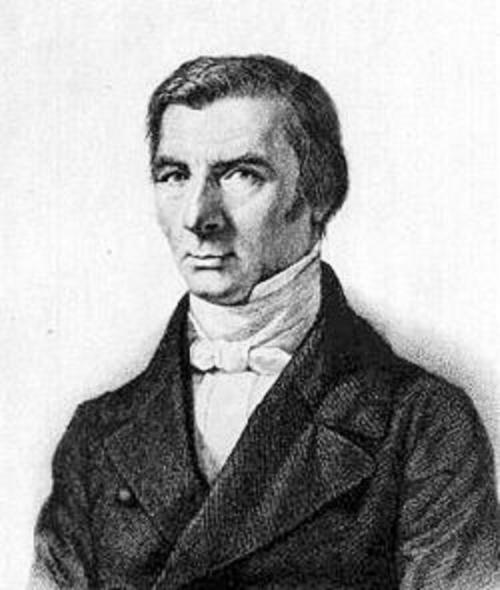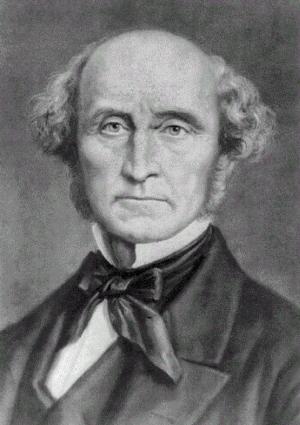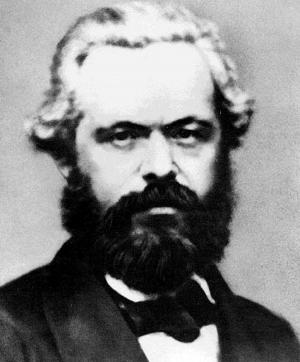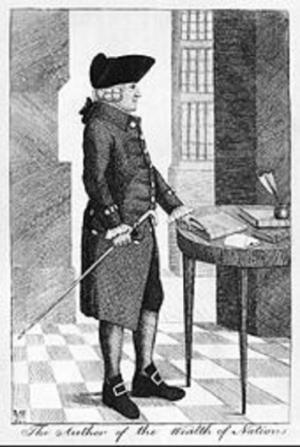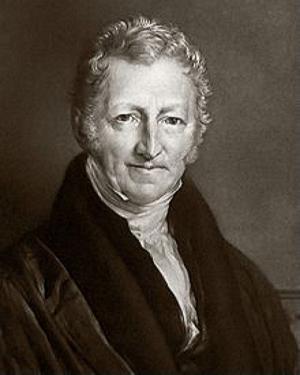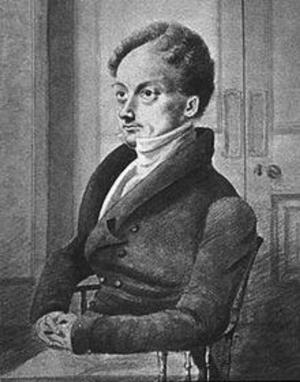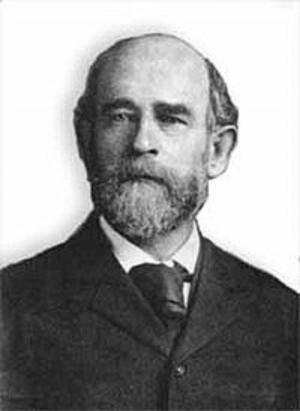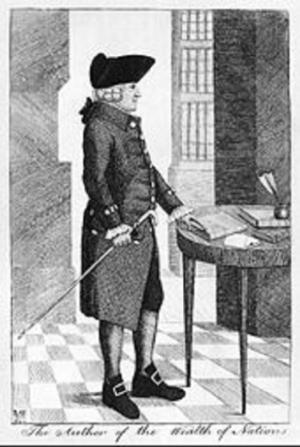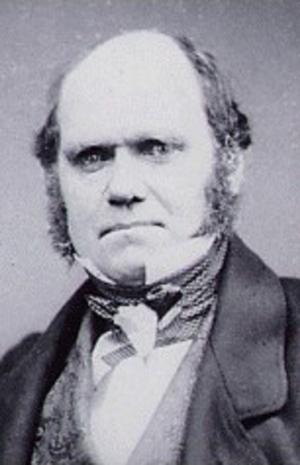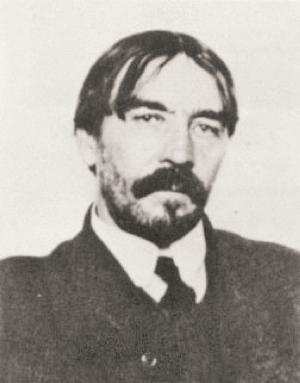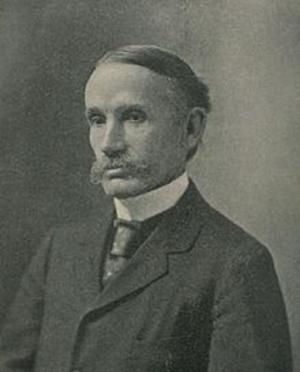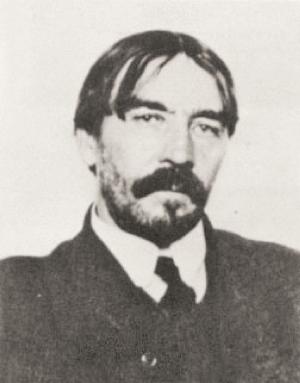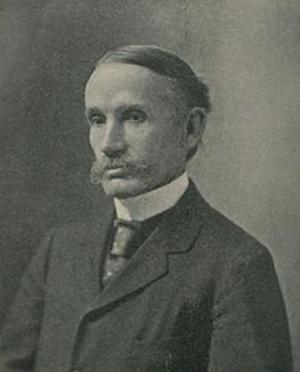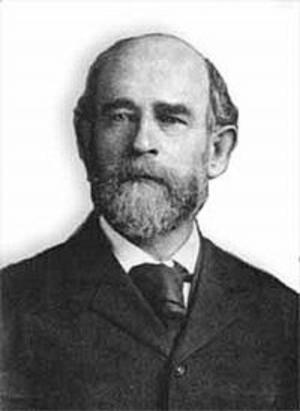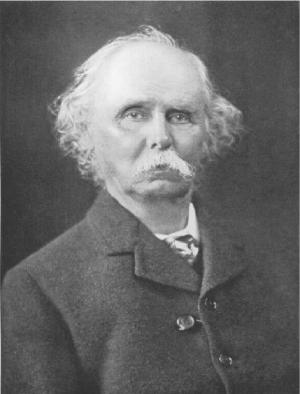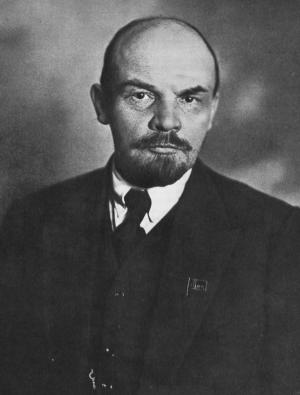The Law (Illustrated and Bundled with Two Treaties of Government)
Business & Finance, Economics, Macroeconomics, Theory of Economics| Author: | Frederic Bastiat | ISBN: | 1230000276356 |
| Publisher: | AS Team | Publication: | October 24, 2014 |
| Imprint: | Language: | English |
| Author: | Frederic Bastiat |
| ISBN: | 1230000276356 |
| Publisher: | AS Team |
| Publication: | October 24, 2014 |
| Imprint: | |
| Language: | English |
The book has an active table of contents for easy access to each chapter of the following titles:
1. The Law - Frederic Bastiat
2. Essays on Political Economy - Frederic Bastiat
3. Two Treaties of Government- John Locke
John Locke was an economic liberalist and he believed that the value of things comes from the people. The social contract theory by John Locke explains this. Locke defined tyranny as “…the exercise of power beyond right, which nobody can have a right to; and this is making use of the power any one has in his hands, not for the good of those who are under it, but for his own private, separate advantage.”
Locke agreed that each person born with equality is the essential natural right to ensure free market competition.
Reasoning by Locke still remains as relevant today as it was then. After more than two centuries, the work by Locke still stands as the best statement and defense of the fundamental principles of capitalism.
Frederic Bastiat was a French political economist, statesman, classical liberal theorist, and the French Assembly. He coined the important economic concept of opportunity cost. His ideas have become the foundation for libertarian and the Austrian schools of thought.
Most of Bastiat’s political writings were done during the years just before and immediately after the Revolution of February 1848 when France was rapidly turning to complete socialism. As a Deputy to the Legislative Assembly, Bastiat explained each socialist fallacy as it appeared and how socialism must inevitably degenerate into communism that it must fail.
The same situation exists in China today as in the France of 1848 after China became the second power house by GDP. The China Model and the China Specialized Socialism and planed economy that were then adopted in France are now sweeping China with a peak confidence.
The Law and Essays on Political Economy focus on broad political and economic questions such as the follows:
1. Is taxation theft?
2. Where does government get its authority to use force?
3. What is the scope of the power held by government?
4. What happens to society when government ignores limits on the scope of its power?
5. What happens to society when government establishes for itself the power to violate individual rights of life, liberty and or property?
Owing much to John Locke’s Second Treatise of Government, the essence of Bastiat's message is that "Life is a gift from God".
The Law challenges those in favour of collectivism to examine the logical consistency, and the moral implications, of their philosophy. But it also challenges strong proponents of life, liberty and property to examine the economic and governmental implications of their stance.
The books by Bastiat and Locke are already read more than a hundred years and they will still be read for another century due to its truths.
This book is for the readers who are interested in studying the coherent picture of The Law and influence of John Locke on the Law. It is also a must-read book for the reads who are interested in knowing the supposed roles of that government should play in our modern life.
The book has an active table of contents for easy access to each chapter of the following titles:
1. The Law - Frederic Bastiat
2. Essays on Political Economy - Frederic Bastiat
3. Two Treaties of Government- John Locke
John Locke was an economic liberalist and he believed that the value of things comes from the people. The social contract theory by John Locke explains this. Locke defined tyranny as “…the exercise of power beyond right, which nobody can have a right to; and this is making use of the power any one has in his hands, not for the good of those who are under it, but for his own private, separate advantage.”
Locke agreed that each person born with equality is the essential natural right to ensure free market competition.
Reasoning by Locke still remains as relevant today as it was then. After more than two centuries, the work by Locke still stands as the best statement and defense of the fundamental principles of capitalism.
Frederic Bastiat was a French political economist, statesman, classical liberal theorist, and the French Assembly. He coined the important economic concept of opportunity cost. His ideas have become the foundation for libertarian and the Austrian schools of thought.
Most of Bastiat’s political writings were done during the years just before and immediately after the Revolution of February 1848 when France was rapidly turning to complete socialism. As a Deputy to the Legislative Assembly, Bastiat explained each socialist fallacy as it appeared and how socialism must inevitably degenerate into communism that it must fail.
The same situation exists in China today as in the France of 1848 after China became the second power house by GDP. The China Model and the China Specialized Socialism and planed economy that were then adopted in France are now sweeping China with a peak confidence.
The Law and Essays on Political Economy focus on broad political and economic questions such as the follows:
1. Is taxation theft?
2. Where does government get its authority to use force?
3. What is the scope of the power held by government?
4. What happens to society when government ignores limits on the scope of its power?
5. What happens to society when government establishes for itself the power to violate individual rights of life, liberty and or property?
Owing much to John Locke’s Second Treatise of Government, the essence of Bastiat's message is that "Life is a gift from God".
The Law challenges those in favour of collectivism to examine the logical consistency, and the moral implications, of their philosophy. But it also challenges strong proponents of life, liberty and property to examine the economic and governmental implications of their stance.
The books by Bastiat and Locke are already read more than a hundred years and they will still be read for another century due to its truths.
This book is for the readers who are interested in studying the coherent picture of The Law and influence of John Locke on the Law. It is also a must-read book for the reads who are interested in knowing the supposed roles of that government should play in our modern life.
